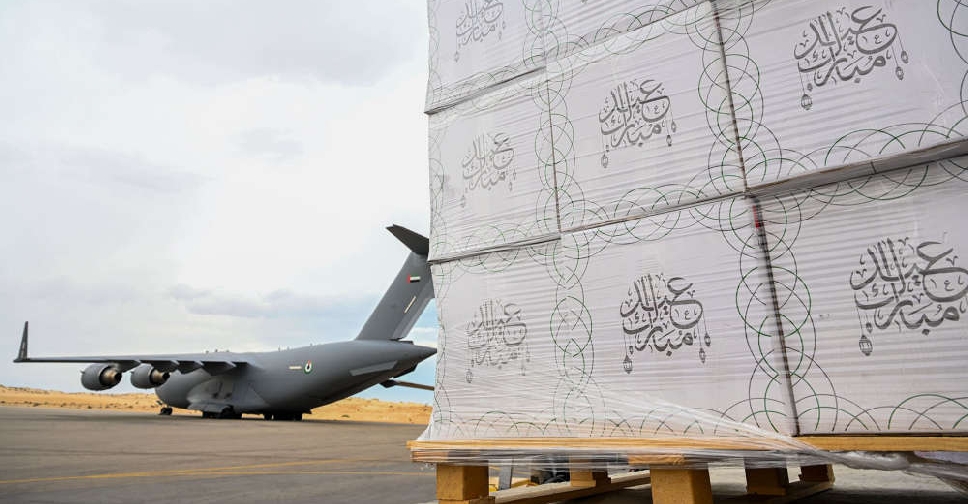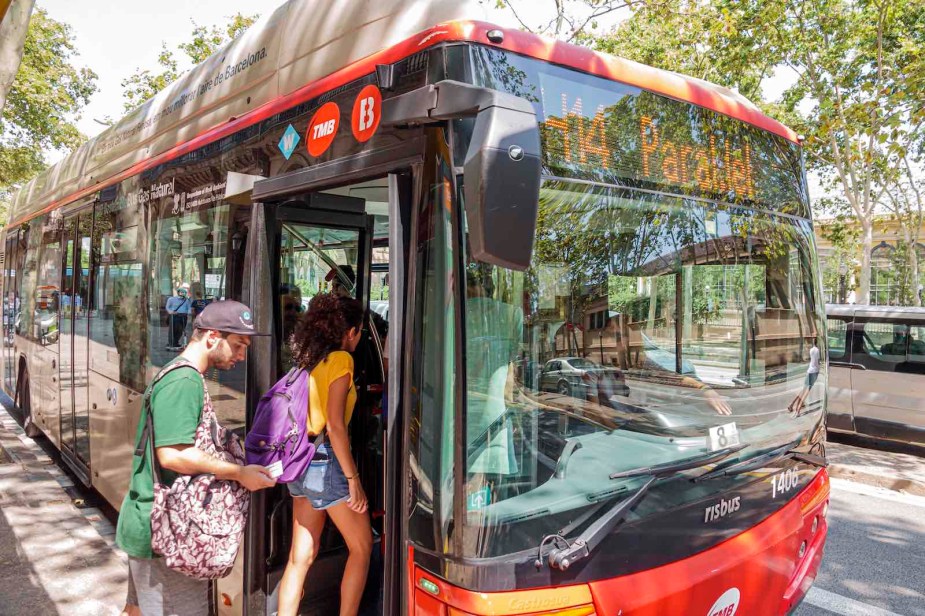Groundbreaking AI Growth Analyst Debuts in Dubai with Backing from Tech Giants

The Rising Tide of Renewable Energy Investment in the Middle East: Opportunities for Sustainable Growth
In recent years, the global energy landscape has undergone a seismic shift, moving progressively from fossil fuels towards renewable sources. This transition is particularly pronounced in the Middle East, a region traditionally dominated by oil reserves that have fueled its economies for decades. Countries within this area now find themselves at a crucial crossroads, grappling with the need to diversify energy sources while simultaneously addressing the pressing realities of climate change. The implications of this movement are profound, presenting both challenges and opportunities for the local economies and the global energy market.
As the demand for cleaner energy grows, the Gulf Cooperation Council (GCC) states—including Saudi Arabia, the United Arab Emirates (UAE), Qatar, Kuwait, Oman, and Bahrain—are stepping up their investment in renewable energy technologies. According to recent reports, Gulf nations have pledged to invest over 0 billion collectively in renewable energy initiatives over the next decade. This ambitious commitment is integral to their national visions for economic diversification and environmental stewardship.
Saudi Arabia, for instance, has launched the Vision 2030 initiative, which seeks to reduce its dependence on oil by developing its renewable energy sector. The Kingdom’s plans outline the construction of solar and wind farms capable of generating up to 58.7 gigawatts of power by 2030. This ambitious trajectory not only reinforces domestic sustainability efforts but also positions Saudi Arabia as a leading player in the burgeoning global renewable market.
Similarly, the UAE has set its sights on becoming a pioneering force in renewable energy, exemplified by the establishment of the Mohammed bin Rashid Al Maktoum Solar Park in Dubai. With an estimated total capacity of 5,000 megawatts upon full completion, this solar park stands as a testament to the country’s commitment to sustainability and energy innovation. These initiatives reflect a broader regional strategy that acknowledges the urgent need for cleaner energy sources amidst accelerating climate challenges.
The economic implications of this energy transition are significant. The rise of renewable energy presents an opportunity to create jobs and stimulate new industries within the region. Reports suggest that the renewable energy sector could generate up to 1.5 million jobs by 2030 across the GCC region. This potential workforce transformation aligns with the demographic trends of the Middle East, where a large percentage of the population consists of young individuals eager to participate in the economy. Investing in renewables can, therefore, serve not only to empower the workforce but also to enhance economic resilience in a future increasingly defined by the pressures of climate change.
Moreover, as Middle Eastern countries pivot toward green energy, they are likely to attract unprecedented levels of foreign investment. International firms are actively seeking to participate in renewable initiatives, drawn by the region’s vast natural resources and favorable climate conditions for solar and wind energy production. This influx of capital can further stimulate technological advancements and elevate the region’s capacity for innovation, establishing it as a critical hub for renewable technologies and sustainable practices.
However, the transition to renewable energy is not without its challenges. The geographical and geopolitical intricacies of the region pose unique obstacles that must be addressed. Governments will need to navigate complex regulatory frameworks, balance the interests of traditional energy sectors against emerging markets, and ensure a just transition for workers in fossil fuel industries. Additionally, ensuring the reliability and resilience of energy infrastructure in a rapidly changing environment is crucial.
As the Middle East forges ahead into this new era of energy development, collaboration will play a vital role in overcoming these challenges. Regional partnerships, along with international cooperation, can facilitate knowledge transfer and technology exchange, maximizing the benefits of renewable energy investments. Initiatives like the One Planet Summit and the United Nations Framework Convention on Climate Change serve as platforms for such collaboration, advancing the global dialogue on sustainable energy.
In conclusion, the Middle East stands on the threshold of a transformative period marked by a decisive shift towards renewable energy. The region’s strategic investments in green technologies offer a unique pathway for economic diversification, job creation, and enhanced sustainability. As climate challenges intensify, the successful navigation of this transition could position Middle Eastern nations not only as leaders in renewable energy but also as exemplars of sustainable development on a global scale.
—
Tags: #EconomyNews, #RealEstateNews, #Saudi, #UAE, #SustainableEnergy, #MiddleEastRenewables




